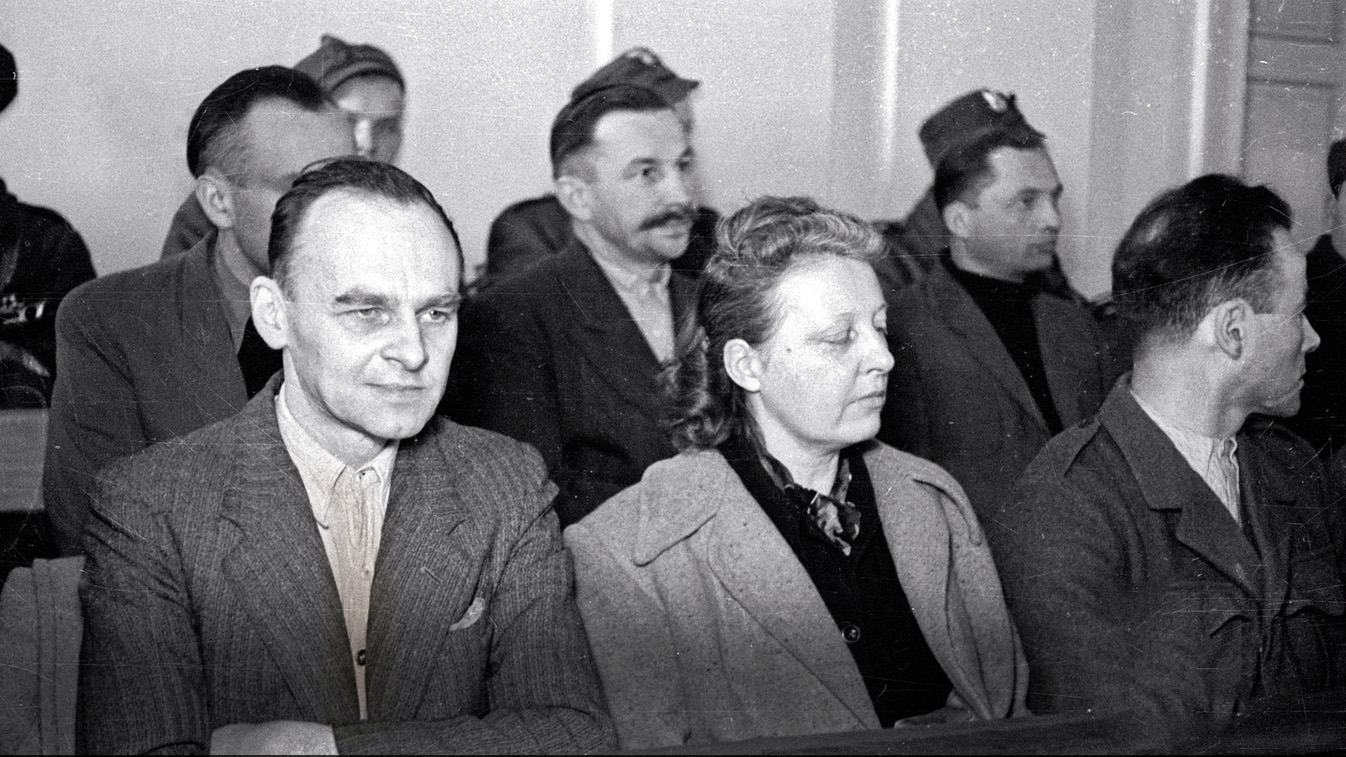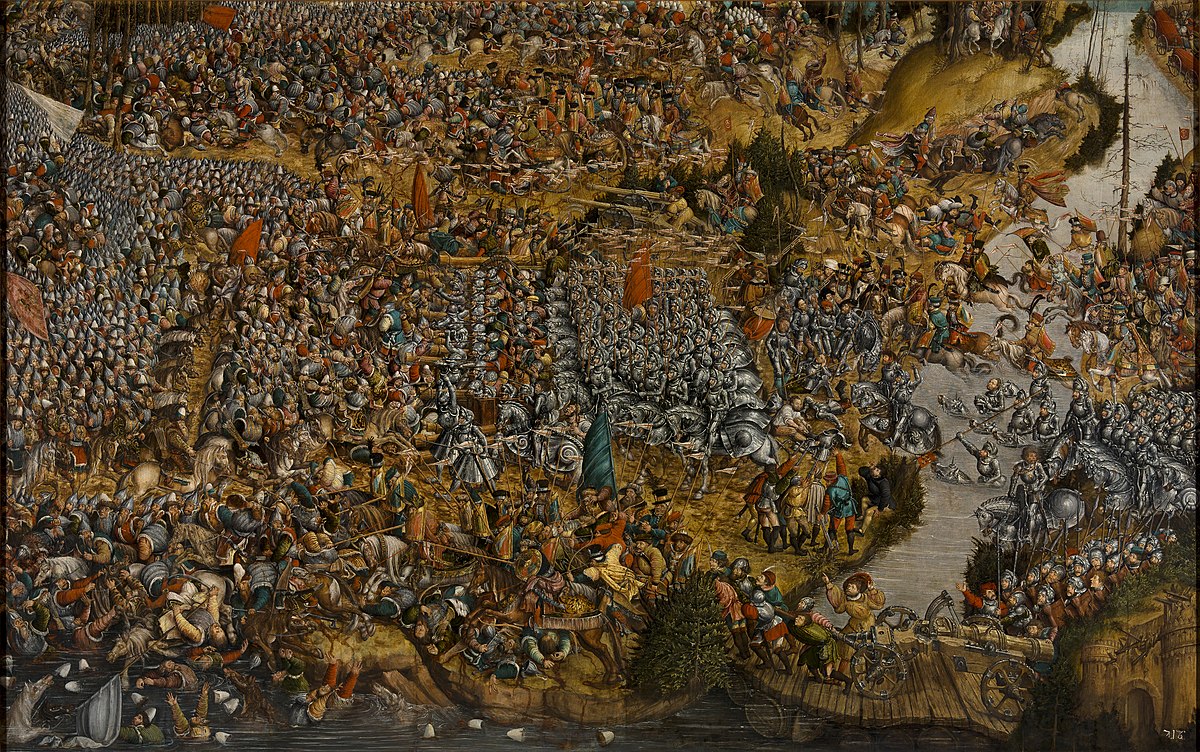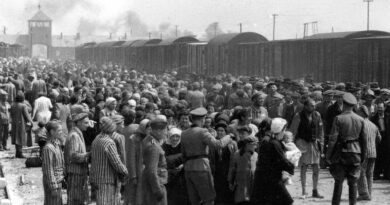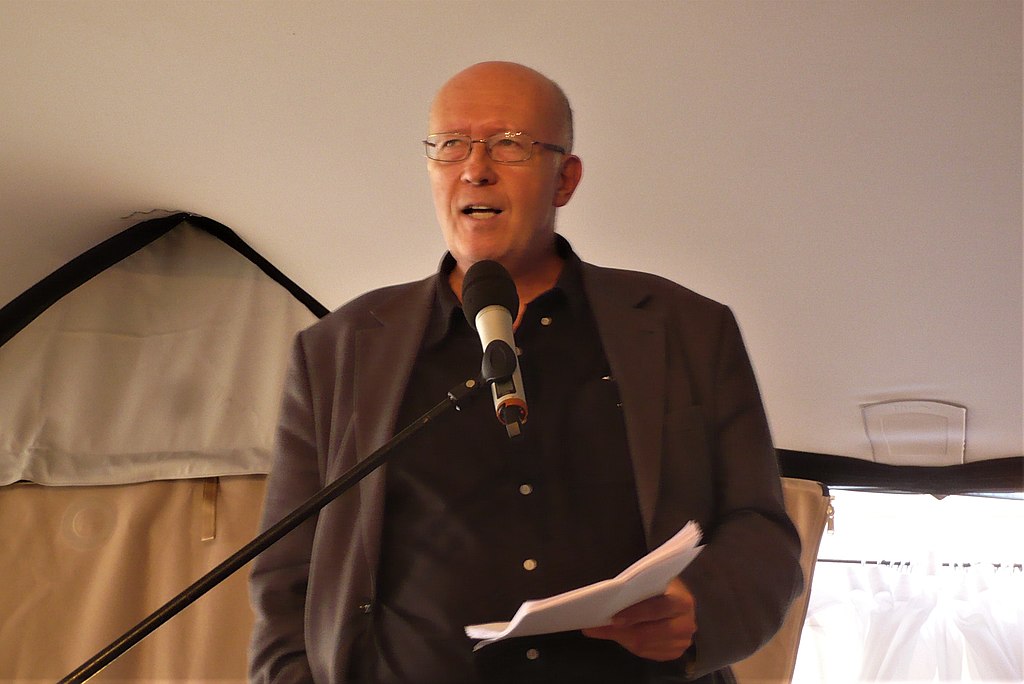A Polish volunteer in Auschwitz: the only such case in history (interview)
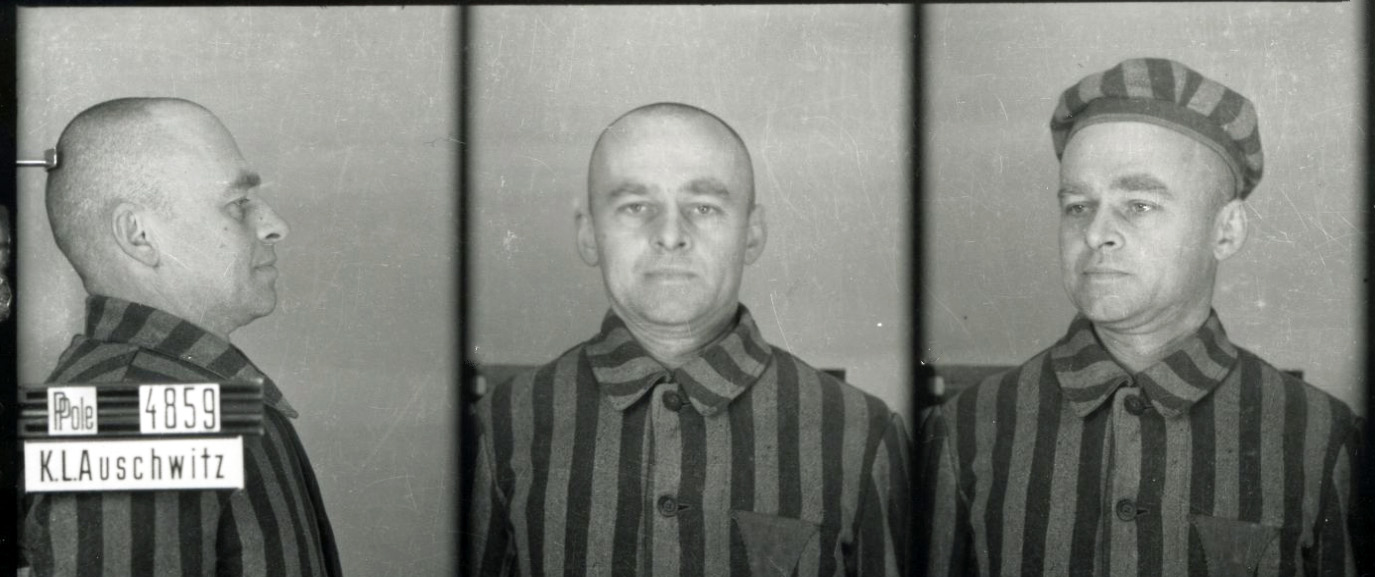
“Why would anyone want to go, of their own free will, to a hell on earth that every prisoner wanted to escape from? Witold Pilecki was an absolute exception, but the mission that he was to perform at Auschwitz was also exceptional.”
Tadeusz Marek Płużański, historian, journalist, and author of the book Rotmistrz Pilecki i jego oprawcy (“Cavalry Captain Pilecki and His Tormentors”) spoke to Piotr Włoczyk for Sovereignty.pl.
How common was it during World War II for people to actually try to get imprisoned at Auschwitz?
History does not record any other such case. Why would someone want to go, of their own free will, to a hell on earth that every prisoner wanted to escape from? Witold Pilecki was an absolute exception, but the mission that he was to perform at Auschwitz was also exceptional. One thing is certain – he seems to have been a man of unbounded courage.
What was the goal of Captain Pilecki’s mission?
These were the early days of Auschwitz, and the Polish resistance wanted to find out what was going on there. So they looked for a brave soul who would get into the German camp, see with his own eyes what the Germans were up to there, and send that information to those on the outside. The commanders chose Cavalry Captain Pilecki. A better candidate would have been hard to find. He had a combination of impressive features – on one hand he was physically very strong, ready to face the toughest challenges. In his youth, Pilecki had fought in the Polish–Bolshevik war and in the defense of Vilnius against the communists. On the other hand, he was known for his great courage and steadfastness.
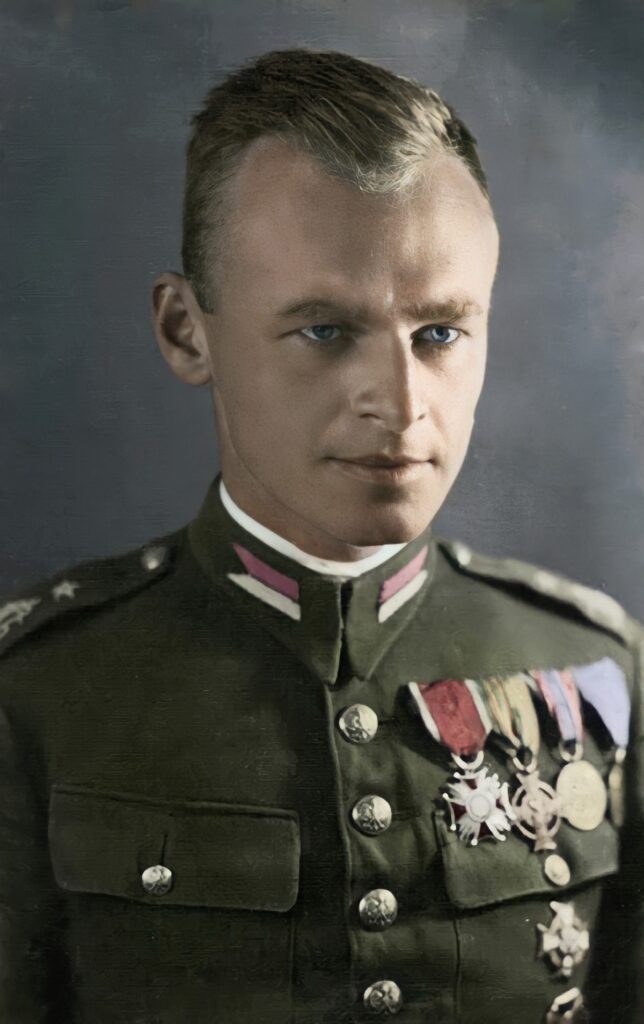
Was this an order?
No, no one would have given a soldier an order like that. A man who was supposed to get himself locked up in Auschwitz would have to be a volunteer. So Captain Pilecki was given not an order, but a proposition that he could have refused – and no one would have held it against him if he had. Nevertheless, he agreed, and allowed himself to be caught during a round-up so as to end up in the German camp.
We ought to explain about the round-ups carried out by the Germans on Polish streets. This is a phenomenon entirely unfamiliar to readers from Western Europe, where the German occupation was much less brutal than it was in Poland.
The Germans’ round-ups mainly involved the capture of young men. The aim was, on one hand, to reduce the potential capacity of the Polish resistance, and on the other, to sow terror so as to break the will to resist the occupiers.
What happened after this “volunteer for Auschwitz,” as he is often called, began his incarceration?
On arriving at the camp [in September 1940], Pilecki recognized that it was a hell on earth. Prisoners were being tortured and murdered there. He therefore decided to act. He didn’t limit himself to contacts with prisoners who were fellow members of the Secret Polish Army (TAP), but he also organized an entire self-help system. At the same time he was establishing an armed organization.
An armed organization must clearly have arms. How could these be obtained in Auschwitz?
Arms were stolen from the SS stores, and the prisoners also fashioned various home-made weapons. These were used to liquidate the most menacing functionaries and kapos. A small armory was even set up, consisting of hiding places for weapons in various parts of the camp. These arms were to be used to carry out the most important operations. The final plan was to liberate the camp by means of an uprising in Auschwitz.
I sometimes hear it said that Pilecki acted only for himself and for certain chosen people, who were all Poles. This is not true! The organization was to serve and help all of the prisoners, naturally including the Jews. TAP soldiers formed its core. Pilecki’s organization was the camp’s TAP unit, and later became a Home Army unit, when the resistance organizations merged together. Its objectives were self-help, intelligence gathering, and armed operations. Let us not forget that Pilecki was above all a Polish intelligence agent, and his mission in Auschwitz was primarily an intelligence operation: the aims were to penetrate, to assess the situation, and to prevent German brutality. Pilecki created a system of small groups of five members each. These were small structures that had no knowledge of each other.
How did camp self-help work?
Above all, sick and exhausted prisoners were saved. They were moved from torturous work, like carrying heavy loads in the winter frost, which would have destroyed them completely. This was successfully organized thanks to functionary prisoners who had some control over the make-up of work squads, for example. The exhausted were moved to places where working conditions were lighter, and above all where they could work under a roof, for instance in a kitchen or workshop.
A very important element of Pilecki’s underground structure was the camp hospital. The Polish doctor Władysław Dering, a TAP member and prisoner just like Pilecki, worked there. Dering helped the prisoners as much as he could. He kept this concealed, of course, since the Germans would have murdered him if they had discovered his true role. After the war, despicable accusations were made that Dering had been a German collaborator. There is no evidence to support this slander. Dr. Dering was a devoted member of the Polish underground who performed his role in the camp self-help system perfectly, and with risk to his own life. Interestingly, Dering saved Pilecki himself when the latter was on the edge of death, exhausted by heavy work and diseases.
Dering and his staff also helped to organize a supply of medicines, smuggled from outside the camp. The self-help system was an extensive structure, with “contacts” both at key points within Auschwitz and among the inhabitants of nearby villages. Thanks to Pilecki, a number of people survived their imprisonment. When he escaped from the camp [in April 1943], the Captain left behind him a well-functioning organization that continued to save people.
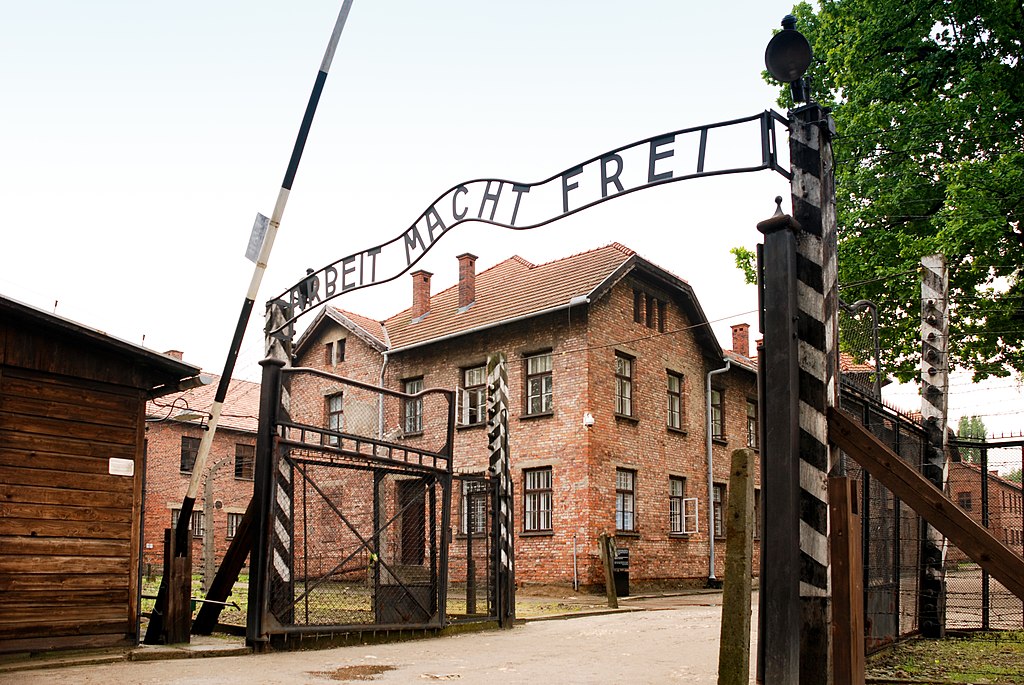
Witold Pilecki escaped from Auschwitz at Easter 1943. Why did he decide on such a risky move? After all, we know that a successful escape from Auschwitz was something close to miraculous.
The Captain escaped with a specific plan in mind: he wanted to reach his Warsaw headquarters and persuade the higher officers that an armed rising needed to be arranged in Auschwitz, by mobilizing armed resistance and organizing outside help. Home Army units were to approach the camp and help prisoners to escape. However, the plan was not accepted by the commanders. This was a great disappointment to Pilecki, because he had left other prisoners behind in the camp, including friends.
He had been imprisoned in Auschwitz for two years and seven months. The success of his escape was down to his tremendous cunning and organizational talents, and the help of two other brave men. Captain Pilecki planned the operation in such a way as not to bring harm on other prisoners. He knew that, as escapees, they would be pursued, but their fellow prisoners would not be persecuted or killed as punishment for the escape.
Why was Pilecki’s plan not accepted?
The view was that it was too risky. And it would indeed have entailed many dangers. This should come as no surprise, however – when we look at Captain Pilecki’s life story, we see that his decisions were influenced by his past career in the uhlan cavalry. He was an officer who was ready to take even the greatest risks. However, his commanders concluded that an armed offensive at Auschwitz and in the neighborhood of the camp would be too risky and would endanger the lives of most of the prisoners. The Germans would have put down such a rebellion in very bloody fashion. Liberating the Auschwitz prisoners was a noble plan, but unfortunately was hardly realistic, given the Germans’ crushing advantage.
Captain Pilecki won fame for his key role in making the horrors taking place in Auschwitz known to the outside world. How did the information collected by the prisoners make its way outside the camp?
Initially, the Captain sent his reports through the small number of prisoners who were released. Such cases occurred in the early phase of the camp’s operation, mainly thanks to the intervention of the International Red Cross. Pilecki would sometimes pass information through trusted Polish workers who were made to work for German firms and performed various jobs on the site of the camp. With time, Pilecki’s organization came into possession of a radio transmitter, which was used to send information about the situation inside the camp. What Pilecki wanted most of all was to draw attention to the horrors that he had experienced for himself. He wanted the world to intervene and put an end to this hell on earth. Unfortunately, as we know, the world’s power brokers did not believe the news that the Germans had set up a “factory of death” in occupied Poland, used for the mass extermination of those regarded as belonging to inferior races.
The information that Pilecki obtained reached Warsaw, from where it was sent by headquarters to the Polish government-in-exile in London. That government then forwarded it to the Allies.
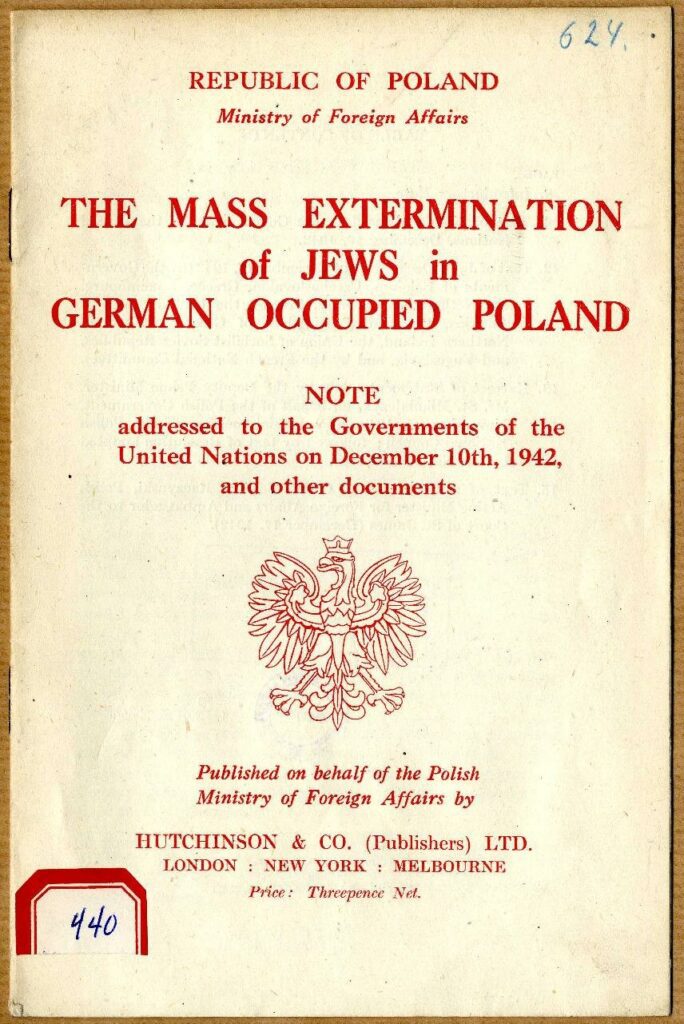
What did the Allies do with that knowledge?
In a word: nothing.
But could they have done anything to hinder the Germans’ murderous operations at Auschwitz?
Certainly. Pilecki hoped that the Allied air forces would bomb the railway tracks leading to Auschwitz. However, nothing of that sort was done. The reports leaking out of the camp were not believed or were downplayed. The Western Allies did not consider such actions to be a priority in the war with Germany. Unfortunately, Jewish solidarity also broke down here. We know that the Western Jewish elites were “none too energetic” in pressuring the governments in London and Washington to assist their brothers in faith who were being murdered in central and eastern Europe.
Having escaped from Auschwitz, Pilecki never ceased his struggle…
First he took part in the Warsaw Uprising, which the Germans bloodily put down, and which led to the extermination of Poland’s capital. He was taken into German captivity, but when the war ended he was able to join the Second Polish Corps in Italy. He nevertheless returned to Poland, which was now under Stalin’s heel, and led an anti-communist intelligence group. He paid for this with his life, remaining at his post to the end.
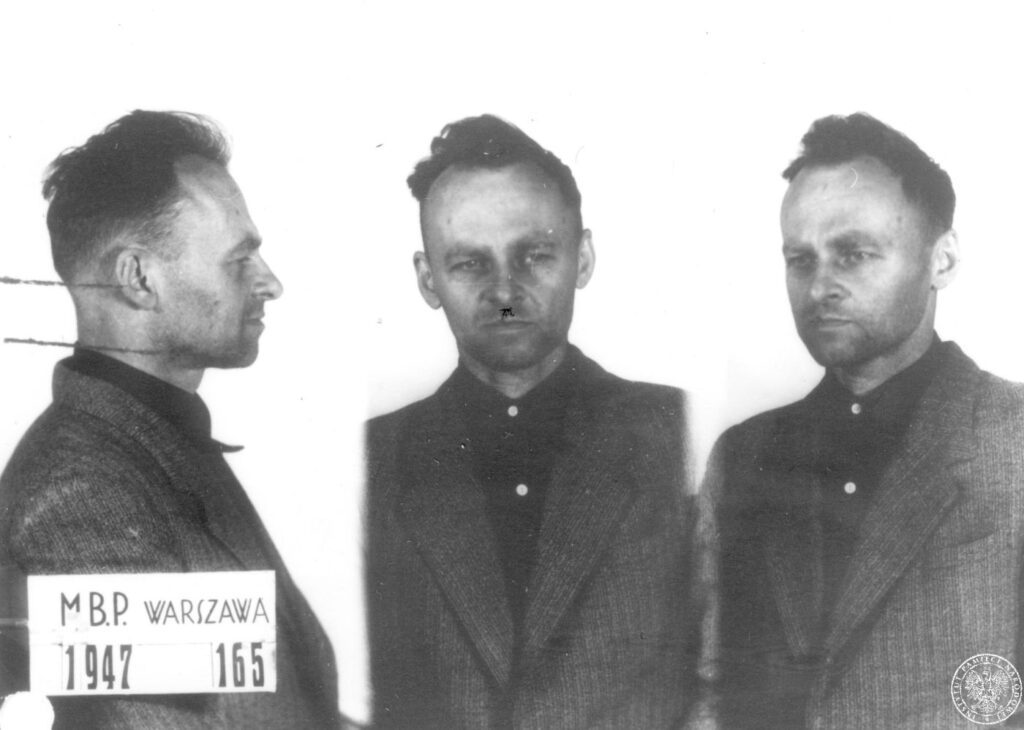
Witold Pilecki’s remains have never been found. It is always valuable to remember the words of this hero, who said that Auschwitz had been a piece of cake compared with what he faced at the communist prison on Rakowiecka Street in Warsaw. This was an experience shared by many Polish patriots: the Soviet system was often more brutal and murderous toward them than Nazism had been.
This is a very personal story for you, so it is no surprise that you find telling the Captain’s story to be a true mission.
My father was one of Witold Pilecki’s closest colleagues, and a member of his intelligence group. He was not only an intelligence officer, but also a courier. He carried information, collected by himself and other members of the network, across the green border to Ancona in Italy, where the Second Polish Corps under General Władysław Anders was stationed. My father knew Pilecki well, and spoke of him in the highest superlatives. He called the Captain a “saint of Polish patriotism.”
Pilecki’s intelligence group was active for a year and a half, from January 1946 to May 1947, collecting information about the Sovietization of Poland and the crimes committed by the communists. The capture of members of the group led to a horrific investigation, torture, and then a show trial and death sentences for Witold Pilecki, Maria Szelągowska and my father. The communists murdered Captain Pilecki, although they spared the lives of my father and Maria Szelągowska. This was done on public relations grounds – Bierut and his people wanted to show the Polish people that they needed to dispose of the dangerous spy Pilecki, but would show “mercy” to a woman and a young man. This “mercy” meant commuting their death sentences to life imprisonment, in a communist prison where humiliation and torture were commonplace.
